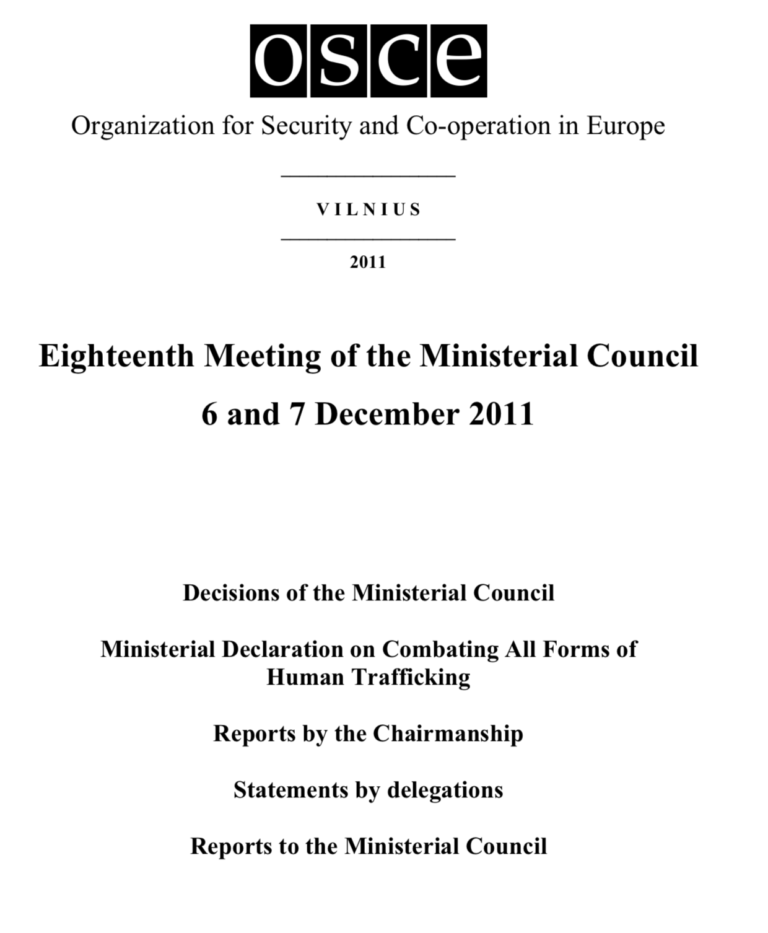UN Guiding Principles on Business and Human Rights
This publication contains the “Guiding Principles on Business and Human Rights: Implementing the United Nations ‘Protect, Respect and Remedy’ Framework”, which were developed by the Special Representative of the Secretary-General on the issue of human rights and transnational corporations and...

